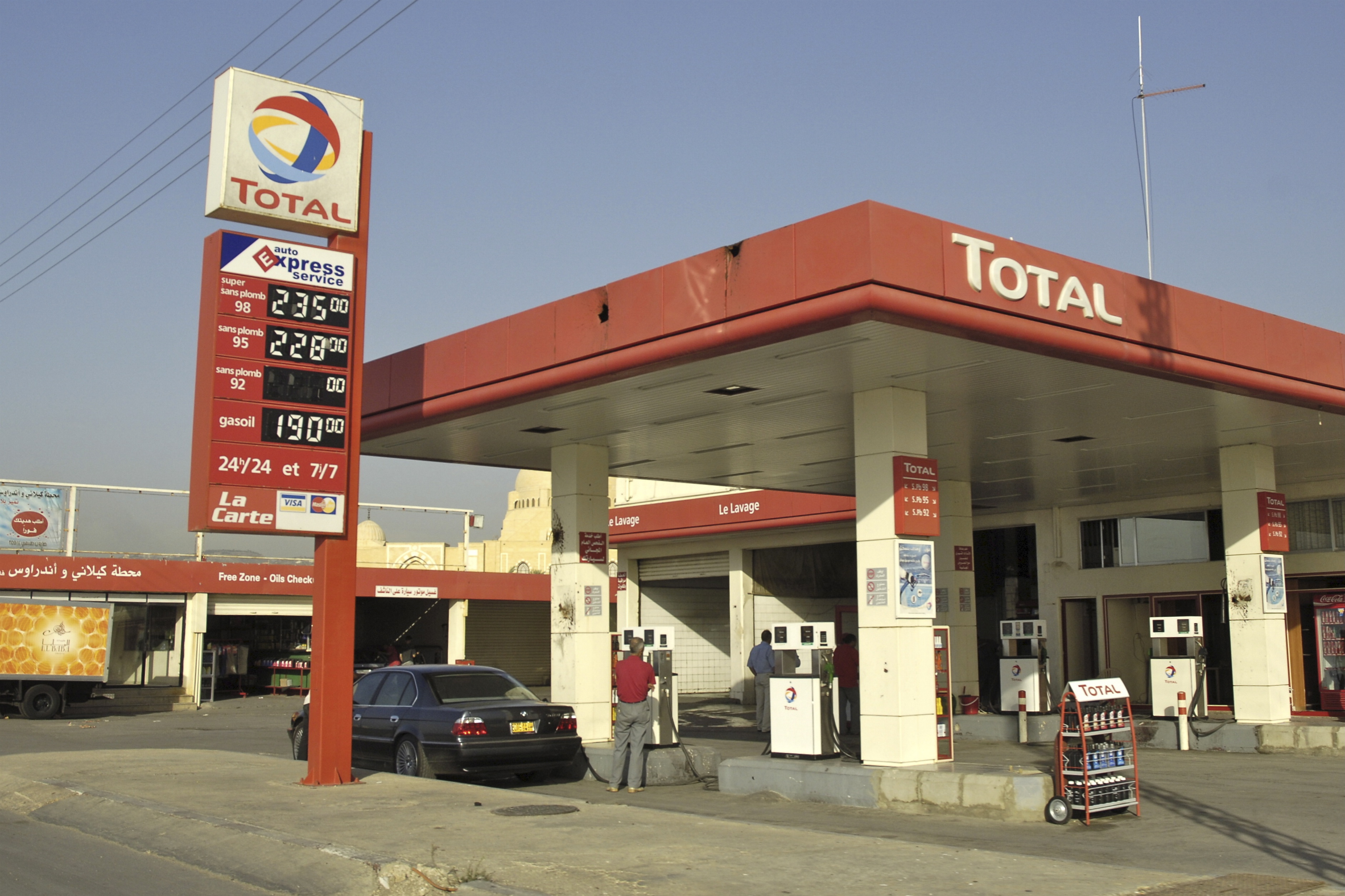(Bloomberg) –Dana Khraiche– Lebanon’s slow-churning currency crunch is fast engulfing Bashar Boubess’s business. The miller pays for wheat imports in dollars but bakeries buy his flour in Lebanese pounds. For weeks now, the bank has refused to exchange those pound earnings back into the hard currency he needs to replenish supplies. His wheat stocks have dropped 30%. Boubess has turned to money changers to keep his business alive, but it’s expensive: they demand more pounds for every dollar than the increasingly unrealistic official rate. “If I sell to the bakeries in dollars, I’d just be transferring the problem to them,” said Boubess, owner of Modern Mills of Lebanon. “I don’t know if we can last the week. What am I supposed do?” More than two decades after Lebanon pegged its pound to the dollar, providing an anchor of stability as the economy emerged from civil war, the moment of reckoning may finally be arriving.
The central bank on Tuesday announced that it will guarantee a supply of dollars at the official rate of 1,507.5 pounds to cover imports of wheat, gasoline and pharmaceuticals, which retail at government-regulated prices. The measure could go some way to averting social upheaval, after weeks of strikes and protests, but it also amounts to a tacit acknowledgement that everyone else is working to a parallel rate. The divergence is small — Boubess, for instance, said he last paid 1,595 per dollar to buy $50,000 at an exchange bureau — and top officials including Prime Minister Saad al-Hariri have said the peg is a red line. But the widening imbalance has raised fears among Lebanese that a steeper slide is now only a matter of time.
The central bank’s reserves have fallen some $4 billion in the last two years to reach about $37 billion in July. As confidence has plummeted, even ordinary people have begun to transfer their dollar savings abroad or hide notes under their mattresses. “You can’t help but be affected by what people are are saying and I’ve thought of transferring my money abroad,” said Rose, a widow who’s living on her late husband’s retirement savings and declined to give her name for privacy. “But if everyone withdraws their money, what will happen? There’ll be a crisis?”






